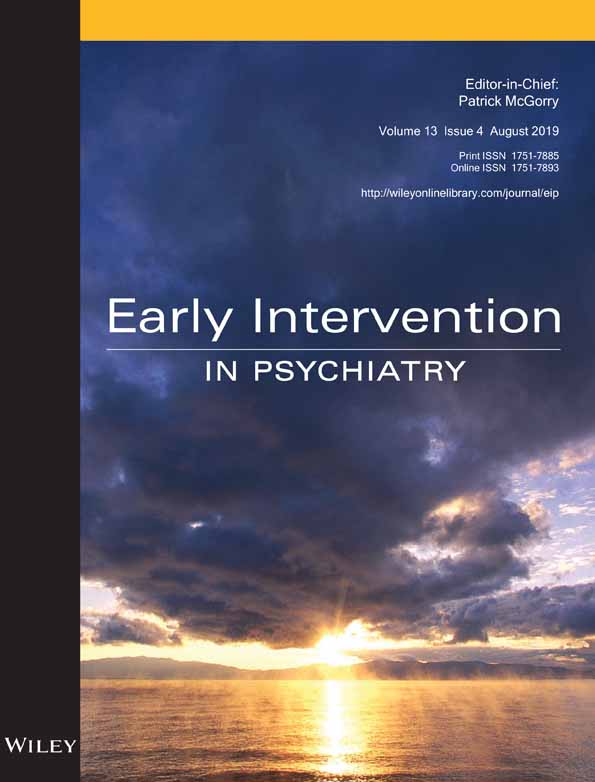Physical activity and exercise as a universal depression prevention in young people: A narrative review
Abstract
Aim
The aim of this narrative summary was to examine the efficacy of physical activity and exercise as a universal prevention for depression in young people.
Methods
We conducted a search of the literature in the open-access evidence database of controlled trials and systematic reviews in youth mental health, an initiative between Orygen, The National Centre of Excellence in Youth Mental Health and headspace, National Youth Mental Health Foundation. In April 2018, we searched for all papers published between 1980 and 2017 relating to “Depressive Disorder” under the “Universal Prevention” illness stage and classified as “Physical activity/Exercise” under the treatment/intervention classification. Systematic reviews, randomized control trials (RCTs) and controlled clinical trials were all included.
Results
A total of 11 papers were returned. Three of these studies were observational and eight studies were controlled trials. The reviewed studies indicate that exercise and physical activity might be an effective universal depression prevention intervention for young people. Three of the controlled studies had a passive control group or no control group and only one study had longer-term follow-up. No trial used a longitudinal design to determine if interventions prevent the onset of new cases of depression.
Conclusions
The studies reviewed in the current review demonstrate a bidirectional relationship between physical activity, exercise and adolescent mental health. The results of the current review suggest that physical activity and exercise programs designed to increase the level of activity in young people should be implemented to be attractive and achievable to young people that may have poor psychological health.




